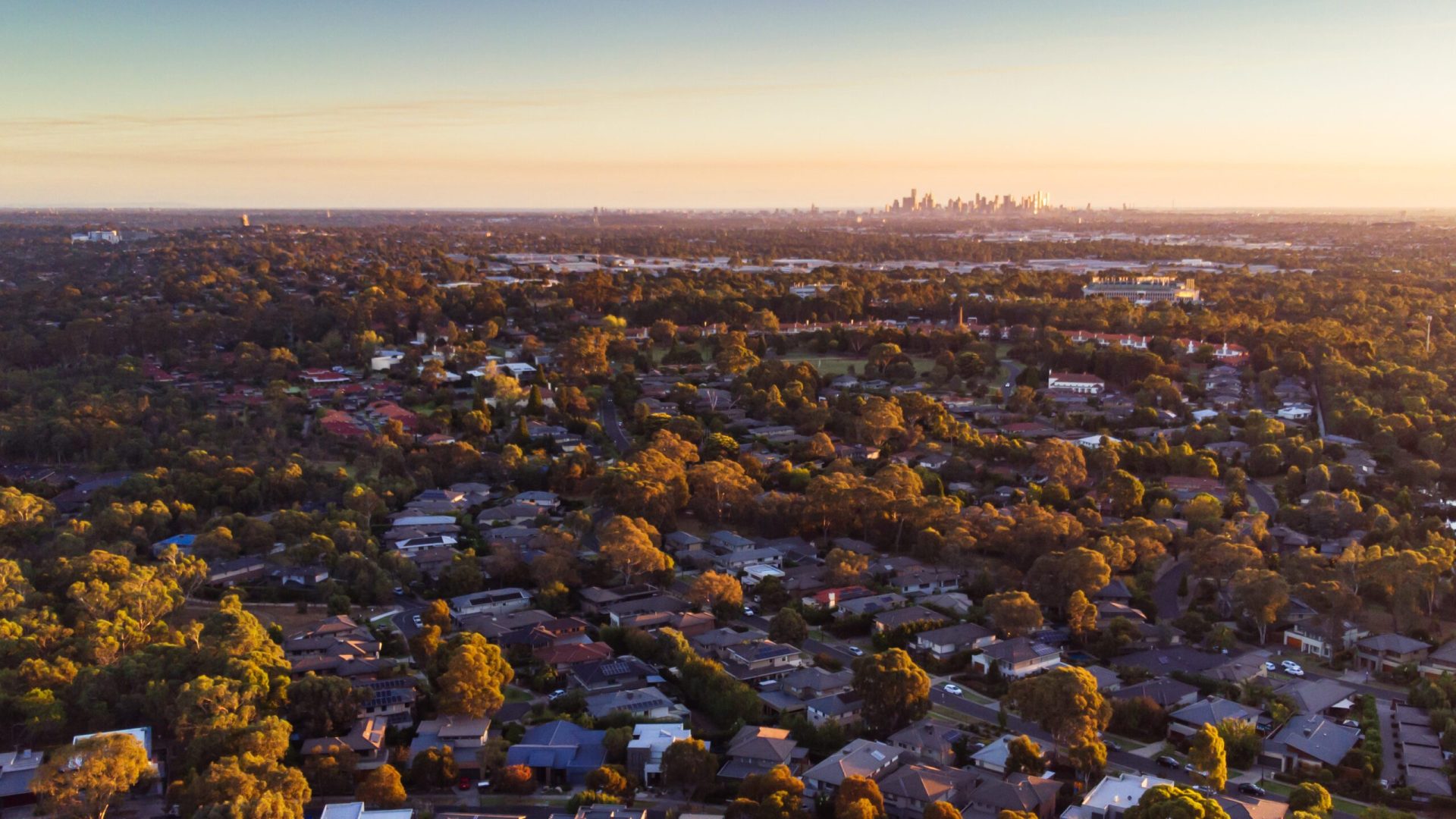By Cam McLellan
Lots of people ask me about renovating and why I don’t renovate. This is the smallest development type, but just because it’s the smallest development type does not mean that it’s the best place to start.
If you own or buy a house, and want to add value to it, one option is to renovate. If you renovate for yourself, you’re an owner which has different taxation laws applicable than that of a developer. If you renovate for profit, you are not a developer. You are what’s known in the industry as a flipper. I’ve renovated many houses in my time and have found it to be a waste of time and effort in most cases. Any profit I made was largely due to the market increasing rather than the value I added through the renovation.
Here’s why: Say you buy a property for $500k. Let’s look at what costs you’ll have and what your break-even margin will be.
Purchase and renovation costs
Purchase: $500k
Stamp duty: $25k
Basic cosmetic renovation: $25k
Interest during holding period (12 months): $25k – I’ve used 12 months as the holding period for this example to ensure the least amount of capital gains is paid. You will pay a capital gains tax of 25% on profit rather than 50% if held for a period longer than 12 months.
Total cost before selling: $575k
Selling costs
Agent’s fee: $15k
Advertising: $5k
Breakeven point / total cost: $595k
So in this instance I’ve purchased a property in a market that costs initially $500k and just to get my money back I have to sell it for nearly $100k more than I purchased it for. Think about that, I need to sell it for $100k more than the purchase price when all I’ve really added is $25k worth of actual value to the property.
So let’s look at the highly unlikely scenario and imagine the property fairies were very kind and I managed to sell it for $150k more than I purchased it for. Let’s see what the actual profit will be in my hand.
Total cost: $595
Sale price: $650
Profit: $55k
Minus 25% capital = $13,750
Actual profit = $41,250
So my equity contribution to buy the property at an 80% loan to value ratio is $100k + $95k in additional costs = $195k. Remember that the profit in this highly unlikely example is $41k on a $195k equity contribution. This is a return of approximately 20%. Now some people would say 20% return is fantastic but the question to ask is, is renovation worth the risk? I will be blunt here. For the last decade I’ve achieved above 20% annual return on my money investing in my developments and I’ve achieved this with much less risk than comes with renovation. There are much safer ways to make money when it comes to development.
Now let’s take the TV show The Block in 2014 as a good example of what happens when buyers are taken from the market.
These figures are not profit they are simply the price that was achieved above the reserve. I’m very sure the profit was a lot less on all of these sales.
1st property – $335k above reserve
2nd property – $310k above reserve
3rd property – $40k above reserve
4th property – $10k above reserve
5th property – $10k above reserve
The first thing you should know with these figures is that not all costs or taxes have been taken into account which is why the amounts shown are not net profit. The other advantage that they had and you won’t, was a TV show to help market the property for sale.
Looking at the prices you can see in any area there are only a certain amount of buyers in the market at any point in time. Once the first two buyers had purchased their properties there was no interest at that higher price point. So, if you are trying to buy a property and lift it to a higher level of class and price point through renovation, you need to be very aware that if you can’t find a buyer you may have to drop your price drastically to get a sale. This means that both profit and loss projections need to be considered before renovating.
Risks
- Renovation can be time consuming.
- It can also put great strain on relationships and lifestyle.
Advantages
- Fast turnaround meaning you can get in and out.
- Your time invested into work can reduce costs.
- No council planning if only minor renovations are carried out.
I have of course used round numbers in my above example so things may differ slightly here or there but hopefully I’ve answered those who wanted to know why I don’t renovate, if you’ve got any questions for me then don’t hesitate to get in touch.








